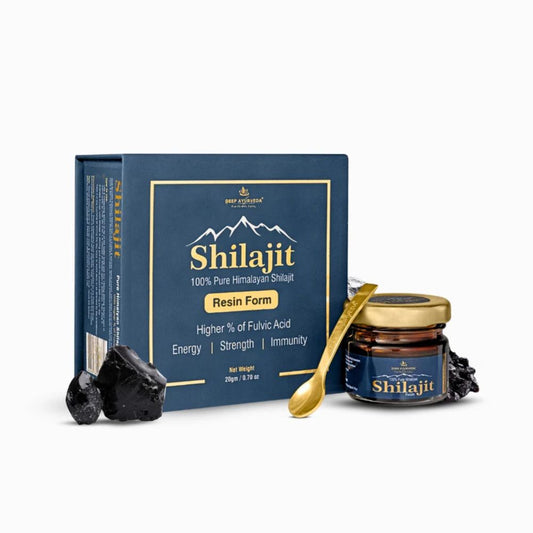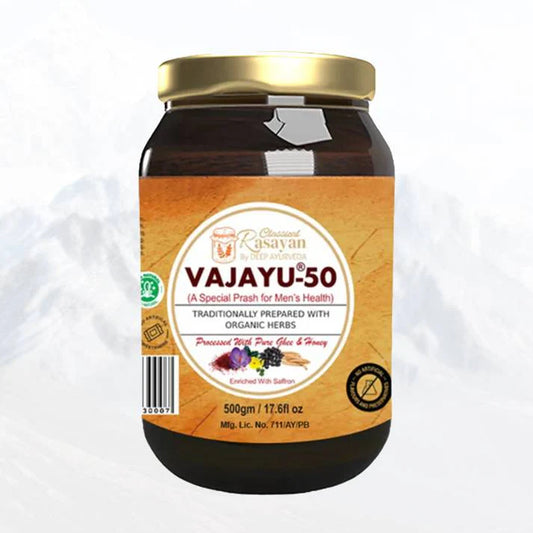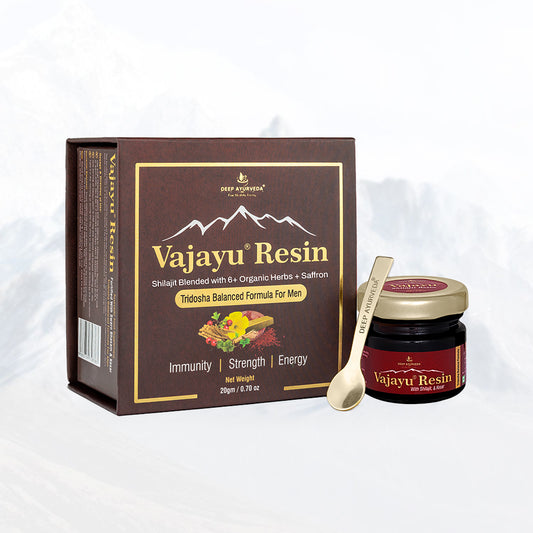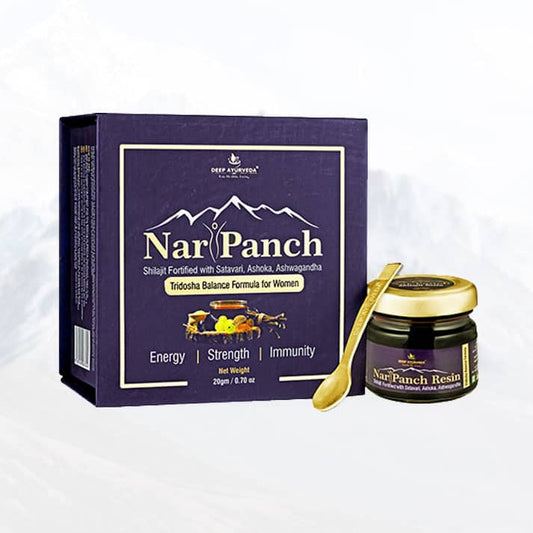Hepatitis is an inflammation of the liver, a vital organ responsible for filtering blood, processing nutrients, and fighting infections. Hepatitis can be acute (short-term) or chronic (long-term). If left untreated, it may lead to severe complications like liver cirrhosis, liver failure, or even liver cancer. Ayurveda offers a holistic approach to managing hepatitis, focusing on balancing the doshas and rejuvenating the liver.
What is Hepatitis?
Hepatitis is primarily caused by viral infections, but it can also result from other factors such as excessive alcohol consumption, certain medications, autoimmune diseases, and toxins. There are five primary types of viral hepatitis:
- Hepatitis A (HAV): Transmitted mainly through contaminated food or water. It is usually acute and self-limiting.
- Hepatitis B (HBV): Spread through contact with infected blood or bodily fluids. It can become chronic and lead to severe liver issues.
- Hepatitis C (HCV): Primarily spread through blood contact. HCV can be asymptomatic in early stages but can lead to chronic liver damage.
- Hepatitis D (HDV): Only infects those with hepatitis B. It can worsen liver disease.
- Hepatitis E (HEV): Similar to HAV and often spread through contaminated water, but more dangerous for pregnant women.
Hepatitis in Ayurveda
In Ayurveda, hepatitis is linked to the imbalance of Pitta dosha, which affects the Yakrit (liver) and Rakta dhatu (blood tissue). Ayurveda categorizes hepatitis under Kamala (jaundice), with varying types based on the root causes and the doshic imbalance.
Ayurvedic Types of Hepatitis:
- Shakhasrita Kamala: Obstructive jaundice, often due to Kapha blocking bile flow.
- Kumbha Kamala: Chronic jaundice, comparable to hepatitis B or C.
- Halimaka: A mixed dosha involvement, causing symptoms like fever and yellowing of the skin.
- Pitta Kamala: Acute viral hepatitis caused by excessive Pitta dosha.
Symptoms of Hepatitis
The symptoms of hepatitis can vary depending on the type and stage of infection. Common signs include:
- Fatigue
- Loss of appetite
- Nausea and vomiting
- Abdominal pain
- Jaundice (yellowing of skin and eyes)
- Dark urine
- Pale stool
In Ayurveda, symptoms are described as:
- Haridra Netra (yellow eyes)
- Peetamutrata (yellow urine)
- Aruchi (loss of appetite)
- Daurbalya (weakness)
- Udara shoola (abdominal pain)
- Daha (burning sensation)
Ayurvedic Causes of Hepatitis
Several lifestyle and dietary factors contribute to the development of hepatitis:
- Excessive consumption of spicy or oily food
- Excessive alcohol intake
- Exposure to toxins
- Suppression of natural bodily urges
- Improper lifestyle causing doshic imbalance
Diagnosis and Treatment
Diagnosis of hepatitis involves blood tests, liver function tests, imaging, and sometimes liver biopsy. Treatment depends on the type of hepatitis and its severity. Acute hepatitis often resolves with rest and supportive care, while chronic forms may require antiviral therapy and lifestyle changes.
Ayurvedic Treatment for Hepatitis
Ayurveda aims to address the root cause of hepatitis by balancing doshas and detoxifying the liver. The treatment includes detoxification (Shodhana), palliative therapy (Shamana), and rejuvenation (Rasayana) with herbs and lifestyle modifications.
Deep Ayurveda's Liver Health Products
1. Livbalya Capsule:
- Contains Kalmegh, Kutki, and Bhumyamalaki.
- Benefits: Detoxifies liver, improves enzyme function, and supports bile flow.
- Dosage: 1–2 capsules twice daily after meals.
2. Makoy Capsule:
- Derived from Makoy (Solanum nigrum), a potent hepatoprotective herb.
- Benefits: Regenerates liver cells, reduces inflammation, and helps in jaundice recovery.
- Dosage: 1 capsule twice a day.
3. Livclear Syrup and Capsules:
- Suitable for both children and adults, containing herbs like Bhumyamalaki, Kutki, Kalmegh, and Punarnava.
- Benefits: Reduces bilirubin levels, improves digestion, and aids in liver detoxification.
- Dosage: 1 teaspoon twice daily for children, 2 capsules or 10 ml syrup twice daily for adults.
Classical Ayurvedic Medicines for Hepatitis
1. Punarnavaarishta: A diuretic formulation made with Punarnava (Boerhavia diffusa).
- Benefits: Reduces liver and spleen swelling, detoxifies, and helps with chronic hepatitis.
- Dosage: 15–20 ml twice daily after meals.
2. Arogyavardhini Vati: An herbomineral formulation containing Triphala, Katuki, Shuddha Parada, and Loha Bhasma.
- Benefits: Clears Pitta from the liver, stimulates digestion, and supports liver health in hepatitis.
- Dosage: 1–2 tablets twice daily after meals.
3. Bhumyamalaki Churna/Kwath: Powder or decoction of Phyllanthus niruri.
- Benefits: Antiviral, hepatoprotective, and supports immunity.
- Dosage: 3–5 grams twice daily or 20–30 ml decoction.
4. Kalmegh Churna/Tablets: Known as the "King of Bitters," Andrographis paniculata.
- Benefits: Strong detoxifier and immunity booster.
- Dosage: 250–500 mg extract or 2–4 grams powder twice daily.
Ayurvedic Lifestyle and Diet for Hepatitis
Dietary Recommendations:
- Khichdi, rice gruel, and boiled vegetables.
- Avoid fried, oily, spicy, and sour foods.
Lifestyle Recommendations:
- Rest and avoid overexertion.
- Stress management practices.
- Consider Panchakarma therapies like Virechana (purgation) to eliminate excess Pitta, and Basti in chronic hepatitis cases.
Conclusion
Hepatitis is a serious condition that can lead to life-threatening complications if not properly managed. Ayurveda offers a comprehensive approach to hepatitis treatment that not only focuses on alleviating symptoms but also aims to address the underlying causes by balancing doshas and detoxifying the liver. With the right Ayurvedic herbs and lifestyle modifications, hepatitis can be managed effectively, improving liver health and overall well-being.







